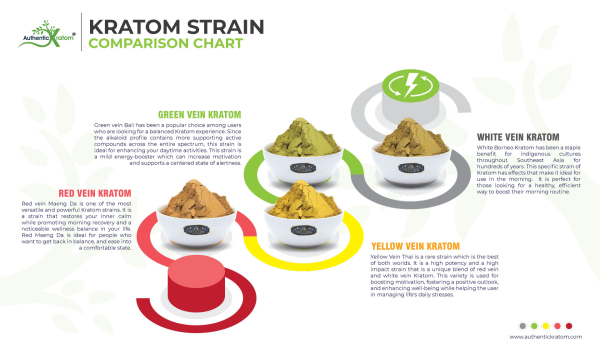Does Kratom Cause Constipation?


Have you ever felt constipated after kratom? Well, it turns out you’re not alone. In fact, many users report constipation as a common side effect of kratom, especially when taken in higher doses or when used frequently.
That might indicate that, despite not enough research on the topic to confirm this, there clearly is a connection between kratom and constipation.
In this article, we’ll explore that connection, as well as common symptoms shared by users and anecdotal strategies to address potentially kratom-caused digestive discomfort.
Does Kratom Cause Constipation?
According to reports, kratom may contribute to constipation. In fact, it’s one of the more common symptoms kratom users mention, next to nausea. And while more research is needed to confirm this, there’s likely a link between bowel movements and taking kratom.




Why Do Some Users Report Constipation After Kratom Use?
So how can kratom cause constipation? Users and preliminary studies suggest two possible ways kratom impacts our bowel movement:
Slower Digestion
Kratom contains alkaloids like mitragynine, which may slow the movement of food through the digestive tract. This disruption in peristaltic movements (the natural contractions of the intestines) can result in longer transit times for waste, leading to constipation.
Dehydration
Some users believe kratom has mild diuretic effects, which can increase urine production and reduce fluid levels. When the body becomes dehydrated, it absorbs more water from waste, which can make stools harder and more difficult to pass.
Addressing Kratom-Linked Constipation
If you think kratom may be causing your digestive discomfort, there are several potential remedies many users have shared. Mind you that those aren’t medically validated. Still, according to many users, the following strategies can help support the healthy digestive system of a kratom enthusiast:


#1 Stay Hydrated
Dehydration can often contribute to constipation. Drink at least 8–10 glasses of water daily to keep your digestive system functioning properly and minimize the dehydrating effects of kratom.
#2 Add Fiber to Your Diet
Incorporate more fiber-rich foods like fruits, vegetables, and whole grains into your meals. Good options include apples, bananas, spinach, oats, and legumes. Seeds like chia and flaxseed are also great sources of fiber.
#3 Consider Probiotics
Probiotics, found in fermented foods like yogurt, kefir, and sauerkraut, may help regulate digestion. These “good bacteria” are known for supporting gut health and softening stools.
#4 Get More Exercise
Regular exercise can help stimulate your digestive system. Activities like walking, jogging, or even light yoga can all promote bowel regularity. Aim for at least 30 minutes of exercise daily to keep your digestive system happy.
#5 Avoid High Doses
Moderation is key when taking kratom. It’s usually best to start with lower amounts and gradually increase those to find what works best for you. If constipation persists, consider reducing your intake or switching to a milder strain. If that doesn’t help, discuss the matter with your doctor.
#6 Explore Natural Remedies
Some users turn to mineral oil or over-the-counter laxatives to relieve occasional constipation. However, these should be used sparingly and only after consulting a healthcare provider.
Can You Balance Kratom and Constipation?
Finding the right balance with kratom use might help reduce the chances of experiencing constipation (or even other side effects). Let’s take a closer look at some common lifestyle adjustments many users recommend that may support your digestive health:
- Stay Hydrated: Ensure you drink enough water daily.
- Eat a Balanced Diet: Focus on foods rich in fiber and water content.
- Choose Milder Strains: Green and white vein strains are often described as less intense.
- Moderate Your Intake: Avoid taking high doses or using kratom too frequently.
If constipation persists despite these changes, it’s essential to consult a healthcare provider. In such cases, the chances are that other underlying conditions might contribute to your discomfort.
Final Thoughts on Kratom Constipation
So, does kratom cause constipation? There are too many users reporting it as a side effect to say that there's no link.
However, keep in mind that everyone experiences kratom differently. Side effects often depend on individual factors, such as hydration, dietary habits, or body chemistry.
The best way to reduce the chances of kratom-related constipation is by staying hydrated, maintaining a fiber-rich diet, and practicing moderation. If issues persist, consulting a healthcare professional is the safest course of action.
Buy once from Authentic Kratom® and you will be a customer for life!
It all started in 2013. On a mission to push boundaries, ease ailments, and hit the brakes on mediocre kratom brands, we wanted to be the change we wanted to see in the kratom industry. Nestled in San Fernando Valley, we are a pure kratom distributor tasked with putting mouth-watering blends at your fingertips, bridging the gap between Indonesia’s most sought-after kratom and the rest of the globe.








